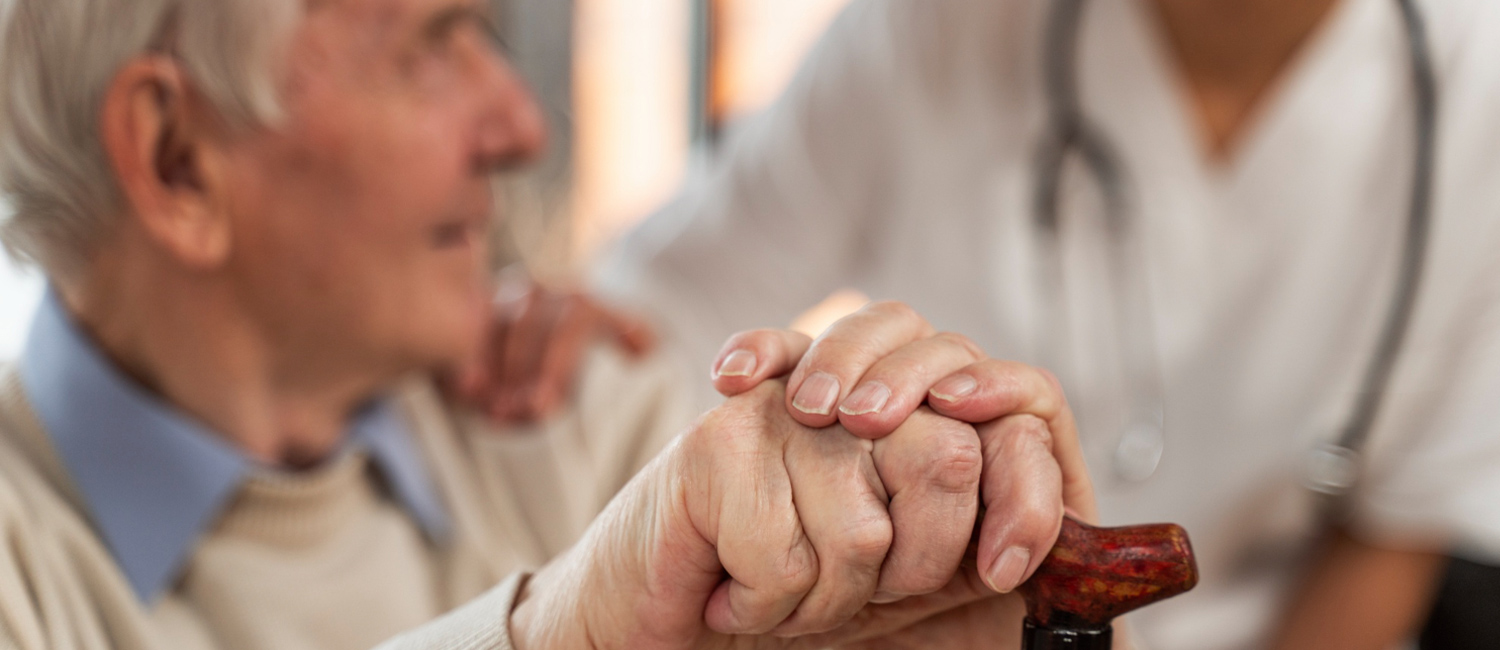UDLAP Digital Theses
Introduction
Quality of Life (QoL) is a term that covers various levels of generality, ranging from social to community well-being; Therefore, different concepts are distinguished from a philosophical and political aspect.
The QOL groups individual well-being where 5 main domains stand out, among which are: physical well-being, material well-being, social well-being, development and activity (education, productivity) and emotional well-being of the people where older adults are found (Institute National Medical Sciences and Nutrition Salvador Zubiran INCMNSZ, 2017).
In QoL in Older Adults (AM), it must be considered that there are various changes due to physiological, biological, psychological and social factors that are typical of the aging process, normally chronological age is considered a parameter that indicates the onset of old age. However, this does not determine the productivity or capacity that the MA can develop for itself in the community and physical environment (Villareal et.al;2021).
The physical environment is an important living space where AM will determine the active aging process. The family home represents part of the older adult’s life center, where there are elements that represent emotional, social, cognitive and behavioral ties. On the other hand, senior residences play a role in providing facilities and services to increase residents’ opportunities for participation in collective life where they have a healthy lifestyle for their aging (Sempere, 2020).
Aging will depend on the lifestyle that is led from birth; to achieve an optimal process during old age, it will be necessary to improve the conditions of the population where well-being can be provided, thereby ensuring health services, in addition to encouraging a culture where Old age be considered a symbol of wisdom and experience that can contribute to strengthening solidarity and support between generations (Nolasco et al;2020).
The purpose of this thesis is to compare the quality of life in older adults with private homes vs. permanent nursing homes in Puebla in 2023.
The methodology used for the study is descriptive, comparative, cross-sectional, with a quantitative approach, with a total of 160 older people who were collected for the sample, the WHOQOL-BREF Scale was applied as a measurement instrument: World Health Organization Quality of Life Questionnaire for QoL, which has 24 items, with Likert-style responses, addresses points such as sensory abilities, autonomy, past, present and future activities, social participation, death and intimacy.
Likewise, the mini-cogTM detection test was used to rule out exclusion criteria, which consists of two parts, the first is to remember three unrelated words and the second is a clock test, in which a clock with all its characteristics, in order to determine a time, in the same way a data sheet was made in which there are points such as sex, age, level of study, economic level, number of children and if the participant knows how to read. and write.
Among the results, the age group from 71 to 90 years predominated with 71.2%, 51.9% were female, in terms of educational level, 69.1% had basic education and 98.1% knew how to read and write. The quality of life in older adults in permanent nursing homes was 50% for high and medium and in private homes an average level of 52.5%. The WHOQOL-OLD Scale had a Cronbach’s Alpha of .74.
Regarding the comparison of quality of life in older adults, there were no significant differences (t= 26, p= .000). According to our discussion, similarities were found between the results and related articles, such as gender, age, socioeconomic level. However, there is a difference in the scores regarding the level of QoL of the MAs in both variables.
Based on the research, it is concluded that there is no significant difference in the QoL of MAs who reside in permanent nursing homes or in their private homes, both are at a “medium” level, which is highlighted as find themselves in similar conditions in the 5 dimensions addressed by the scale.
Professional thesis presented by the students of the Bachelor’s Degree in Nursing, UDLAP.:
- Aranza Aldana Olivares
- Fatima Itzel Pérez Fernández
- Miriam Torres Carreño
Qualifying Jury:
- President: Dr. Natalia Ramírez Girón
- Secretary: Mr. Clemente Cordero Sánchez
- Vowel: ME. María de las Mercedes Nuri Reyes Vázquez
